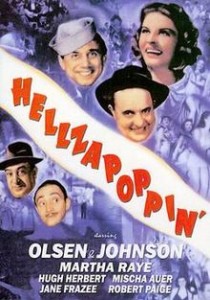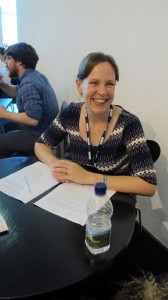After an intense few months of move project management, with little time for anything else, the relocation to Cambridge is upon me and life can start to be filled up again with things other than estate agents, builders, painters, letting agents, removal companies, the list goes on. So yesterday I had the pleasure of spending the day filming with a great crew from the BBC making a short film as part of the New Generation Thinker experience. Check out last year’s films here. And yes, I did have to walk around looking thoughtful and take a book down off a shelf and pretend to be very interested in it. TV is a strange beast but it’s fascinating being part of a team creating in a medium where the images hold sway over the words. Very different to writing, and to radio. I’ll post a link to the NGT 2013 films when they find their way on to the BBC Arts page. In the meantime, there’s much more to come over the next few months, from a new blogging role for Sci-Fi-London, home of the UK’s main SF film festival, to a What Scientists Read event at the Edinburgh International Science Festival in April. Goodbye packing; hello world. It’s good to be back!
[Bad pun blog title courtesy of my husband.]





